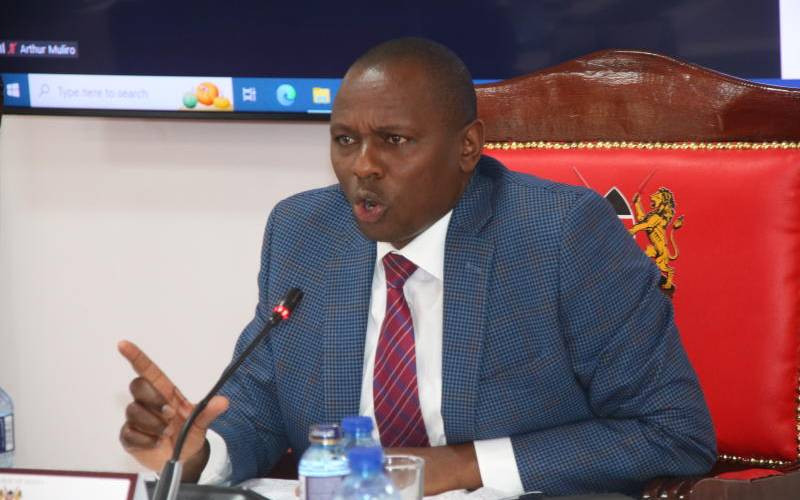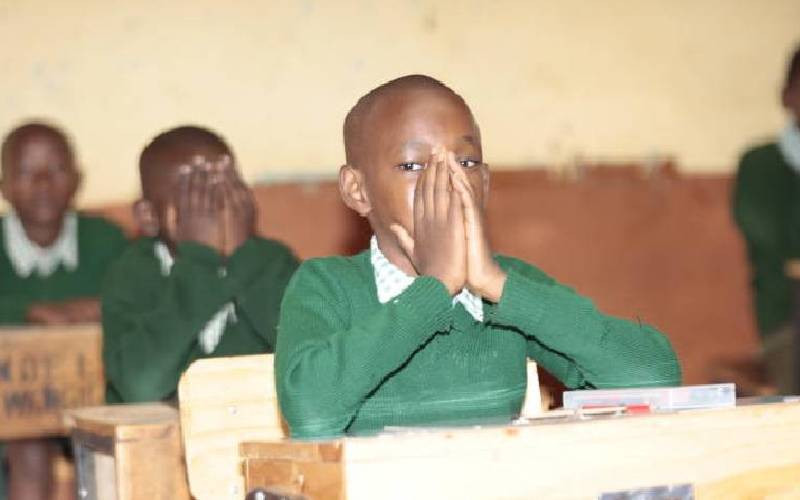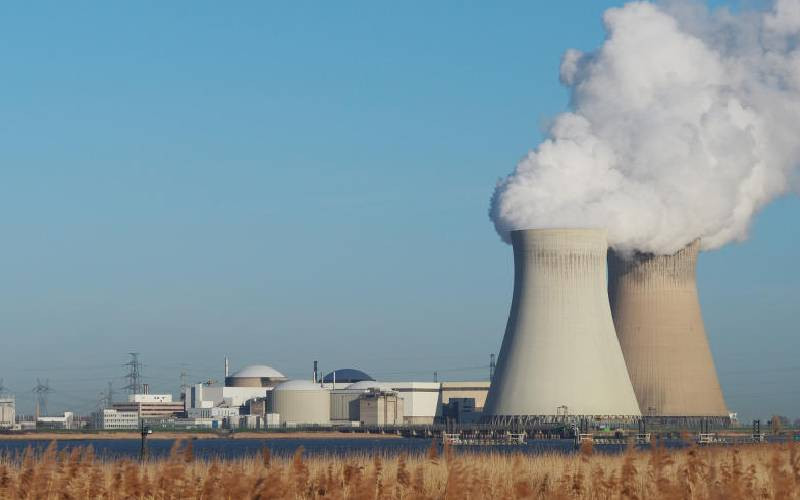
On Thursday, December 5, 2016, tens of patients sneaked out of Kenya's largest mental health facility, Mathari Teaching and Referral Hospital.
It was not the first time. Hours later, a number of patients returned. One of them told the media that he sneaked out after another patient told him that nurses were on strike.
"I just followed one of the patients... then made my way home. At home, I realised the environment was different," he said.
Immediately, the patient's explanation became a joke on the streets of Nairobi. The joke was, that Mr Kemboi and other patients who returned voluntarily to the hospital, did so because they were shocked at exactly how mentally ill Kenyans beyond the walls of the mental health hospital were.
"I returned because I realised there were more people with mental illnesses out there than in Mathari," went the joke.
He couldn't have been far from the truth. Three years later, in November 2019, the government set up a task force to dig into the state of mental health in the country.
The task force report, released in July 2020, was damning: Not only was one in every 10 Kenyans suffering from one form of mental illness or another, (with depression leading the list) but also the situation was so bad that it had become a national emergency.
If not urgently addressed, mental health, the task force warned, was a time bomb.
- Gender PS urges teachers to break the silence on mental health
- A knock on the door saved my life: Woman narrates her fears after HIV diagnosis
- Is something bothering you? Tell it to an AI chatbot therapist
- My struggle with bipolar disorder
Keep Reading
Maybe, the patient that returned to Mathari Hospital after sneaking out with his friends was right after all in suggesting that Kenya might be one humongous mental health facility.
Many Kenyans either do not know or will not accept that they may be suffering from some form of mental illness until someone kills someone, or jumps out a balcony, or drinks themselves to death. This explains why May, the mental health awareness month, was just another month on the calendar. What mental health? What awareness?
Granted, there were a few opinion articles in the dailies; a stand-alone photo here, a he-said-she-said news item there. But that was about all. The next time we hear about mental health will most probably be in October during the World Mental Health Day on October 10.
Then we will most probably have a few opinion articles like this one, a stand-alone photo here, a he-said-she-said news item there, a speech or two, and that's it. Still, the key issues raised by the task force shall remain-no matter how hard we try to sweep them under the carpet.
It will remain on record that a presidential task force recommended that mental health be declared a national public health emergency; that the mental health experts advised that national and county governments establish amenities and facilities to provide recreational activities to the public.
It shall remain on record that a task force advised all employers to ensure healthy working spaces, and fully-fledged wellness centres in learning institutions; that mental health literacy be incorporated in curricula at all levels of education and similar programmes be designed and implemented in the community, and that mental health and wellness be promoted in families and communities through community health and wellbeing programmes.
It shall remain on record that Kenyans, in their submissions before the task force on mental health, blamed our country's, 'bad politics' and the emphasis on politics by the print and electronic media for causing stress and anxiety. Whether or not these key recomemndations are implemented, shall be the ultimate mental health test for our leaders, the media and individual Kenyans.
For indeed, the task force placed the responsibility of improving mental health, not just on the government, but also on every Kenyan stating that "Every individual or organisation should strive in whatever manner, slight or big, to promote mental health."
-Mr Muchiri is a journalist
 The Standard Group Plc is a multi-media organization with investments in media platforms spanning newspaper print
operations, television, radio broadcasting, digital and online services. The Standard Group is recognized as a
leading multi-media house in Kenya with a key influence in matters of national and international interest.
The Standard Group Plc is a multi-media organization with investments in media platforms spanning newspaper print
operations, television, radio broadcasting, digital and online services. The Standard Group is recognized as a
leading multi-media house in Kenya with a key influence in matters of national and international interest.











